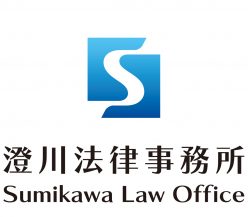When you create a notarized will at a Japanese Notary Public’s office, the notary will prepare three types of wills: original document, authenticated copy, and certified copy. The differences are as follows
(1) Original document (GENPON)
The “original document” of a notarized will is the will signed and sealed by the testator, witnesses, interpreter, and notary respectively. This is the original document, and only one original exists in the world. The original is kept at the notary office and is not provided to the testator.
(2) Authenticated copy (SEIHON)
When a notarized will is prepared, the notary public prepares an “authenticated copy”, which has the same effect as the original, and provides it to the testator.
The authenticated copy will be used to execute the will, so if an executor has been designated, it would be smooth to hand over the authenticated copy to the executor.
If the authenticated copy is lost, it can be reissued at the notary public’s office.
(3) Certified copy (TOUHON)
The notary public also prepares a “certified copy” and provides it to the testator. A certified copy is also a copy of the original, but it does not have the same effect as the authenticated copy. A certified copy will not be accepted for procedures at financial institutions (cancellation of the accounts) or legal affairs bureaus (registration of the real estates).
For this reason, it is advisable to keep the above mentioned authenticated copy strictly so as not to lose it, and to check the certified copy when the need arises to confirm the contents of the will.
Related Articles
Leaving a Will (Testament) in Japan
Cost for Creating a NOTARY DEED WILL

